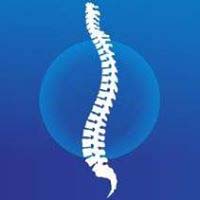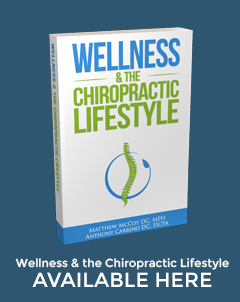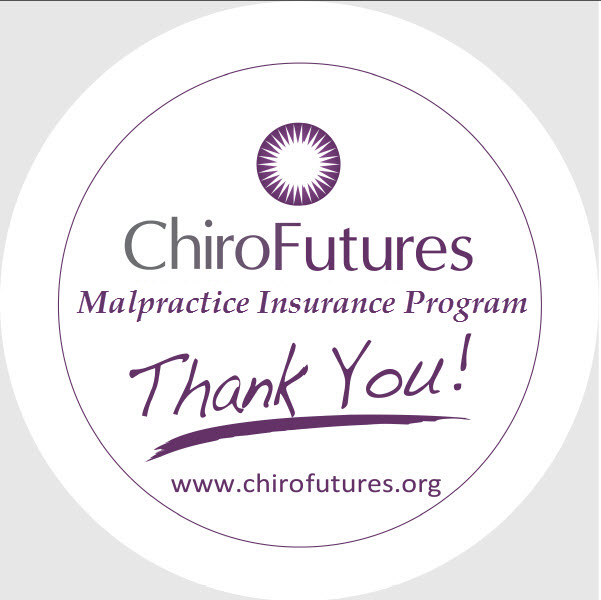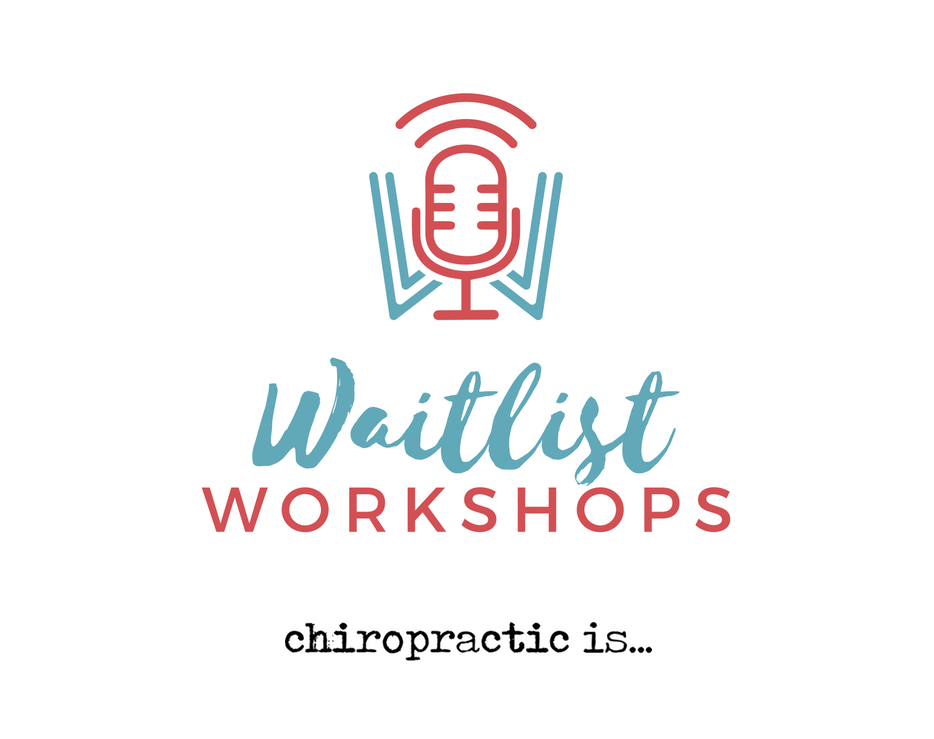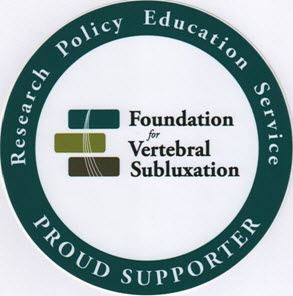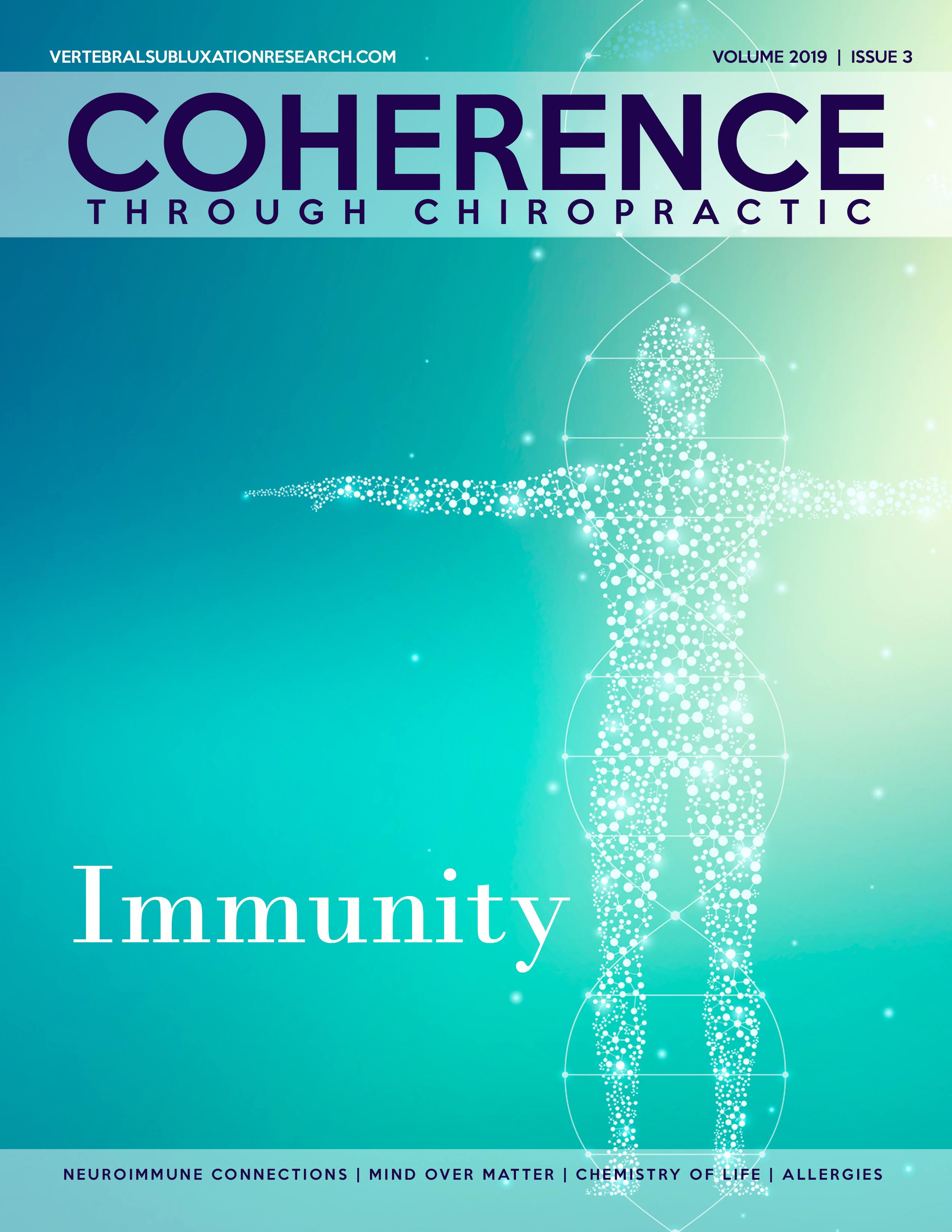Improvement in Cervical Curve and Hypothyroidism Following Reduction of Subluxation Utilizing Chiropractic Biophysics: A Case Study & Selective Review of the Literature
- David Bak, B.S., D.C., P. Ryan Engelhardt, B.S., D.C.
Annals of Vertebral Subluxation Research ~ December 10, 2015 ~ Pages 226-237
Abstract
Objective: This case study describes the effects of Chiropractic Biophysics (CBP) based chiropractic care on a 44-year-old patient with hypothyroidism.
Clinical Features: A 44-year-old female presents to the chiropractor with complaints of upper trapezius and inter-scapular pain stemming from a motor vehicle accident that occurred 23 years prior. In addition to the chief complaint, the patient had been prescribed Armour Thyroid in order to treat hypothyroid symptoms. Cervical radiographs confirmed 80.7% loss of structural cervical lordosis.
Intervention and Outcomes: CBP protocol/care was utilized to reduce symptoms associated with VSC, improve spinal and postural alignment. CBP care was conducted over a seven month period. Thirty days into care the patient began exhibiting hyperthyroid signs/symptoms, at which time the patient was instructed by the attending chiropractor, to have the patient’s endocrinologist re-evaluate the patient’s prescribed hypothyroid medication. After serum lab evaluation, the patient’s endocrinologist instructed the patient to significantly reduce exogenous thyroid support.
Conclusion: CBP treatment regimen is shown to be effective in reducing vertebral subluxation as well as improve cervical curve in a 44-year-old patient with hypothyroidism. The reduction in signs and symptoms of VSC, in this case, correlated to a reduction in hypothyroid symptoms and an overall increase in thyroid function. Further research on chiropractic care reducing mechanical stress on spinal structure in association with improved thyroid function is suggested.
Key Words: Subluxation, chiropractic, adjustment, vertebral subluxation, Chiropractic Biophysics, CBP, hypothyroid, spinal rehabilitation, spinal corrective care, mirror image therapy, posture, traction
